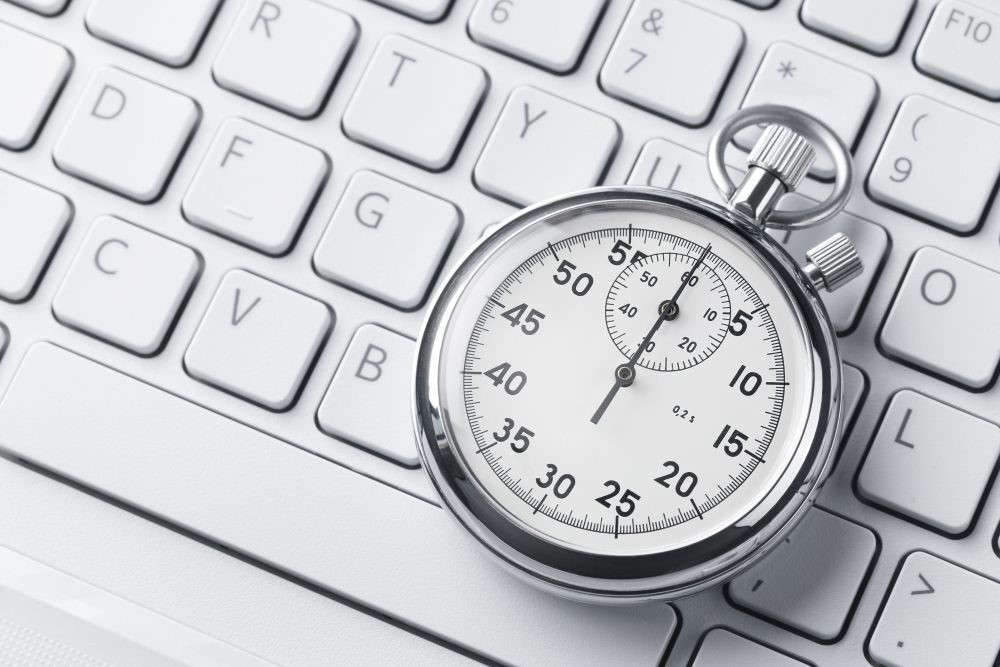
How to speed up your computer
 Life can be challenging when you've got an old computer. To begin with, very few software developers continue to provide support for the ancient versions of their operating systems. Take Microsoft, for example; it has provided support for Windows XP for almost two decades, but it stopped doing that in the end. And even when developers offer free upgrades to their OSs, the hardware barely manages to keep up with the increased demands.
Life can be challenging when you've got an old computer. To begin with, very few software developers continue to provide support for the ancient versions of their operating systems. Take Microsoft, for example; it has provided support for Windows XP for almost two decades, but it stopped doing that in the end. And even when developers offer free upgrades to their OSs, the hardware barely manages to keep up with the increased demands.
To address security issues, install a new operating system. This may sound a bit counterintuitive, because, as mentioned above, newer OSs will often run slower in comparison with the older ones. Still, this is the only way of ensuring that your Internet-related activities won't get the computer infected. It goes without saying that you should upgrade all the applications to their latest versions as well.
Consider upgrading to a free operating system, such as Linux. There are several distributions that you can choose from, and each one of them has its own unique features. If you use a lightweight Linux distribution, you may have the pleasant surprise of seeing your computer running fast once again.
However, even if you are forced to keep using the old operating system, there are several things that can be done to speed up the computer. Begin by uninstalling the unused applications; some of them utilize memory-resident modules that stay in the RAM memory at all times, slowing down your PC. Not only that, but by uninstalling the unnecessary programs, you will get more free space on your hard drive.
If your computer runs using the Windows operating system, press Ctrl + Alt + Del to invoke the task manager application. Then, click the "Startup" tab to display a list which contains all the applications that are loaded each time the operating system runs. You will see a column labeled "Startup impact", which displays "Low", "Medium" and "High" values. Examine all the applications that have a "High" startup impact, and then disable the ones that don't need to run permanently. By doing this, you should see a significant speed increase.
Delete all the files that you aren't using. I bet that you've got lots of huge files on the hard disk, and they prevent your computer from working as fast as it should. Download a free application that will allow you to sort files according to their size, and then get rid of the ones that aren't needed anymore. Sometimes you will discover that many of them are temporary files, which can be safely deleted.
If you aren't sure about a particular file, copy it to a "backup" folder, and then, at the end of the file sorting process, copy the folder to an external hard drive, or to a cloud-based backup service. To stay on the safe side, you should also create a system image of your operating system and back it up as well; this way, if something goes wrong with your computer, you will be able to restore all its data.
Go on and update all the drivers as well. The hardware components of your computer may be old, but this doesn't mean that you can't find newer drivers for them. So, visit the manufacturers' websites, and then download the most recent drivers for every hardware component.
It's time to defragment your hard drive. Most operating systems include free defragmentation tools; you will often find them in the "system utilities" section. Modern SSD drives don't need to be defragmented; they don't get fragmented, and their lifespan is actually shortened every time you try to defragment them. Fortunately, most OSs are able to determine if a particular drive is an SSD or not, and will prevent you from running a system defrag utility if it's not needed.
To speed up your computer even more, you can purchase more RAM and add it to the motherboard. Old RAM can be expensive, because it isn't manufactured anymore. So, consider the costs and decide for yourself if the upgrade is worth it or not.
Now that your computer is running fast once again, you should keep it in good order by running a system cleaner such as CCleaner on a regular basis.